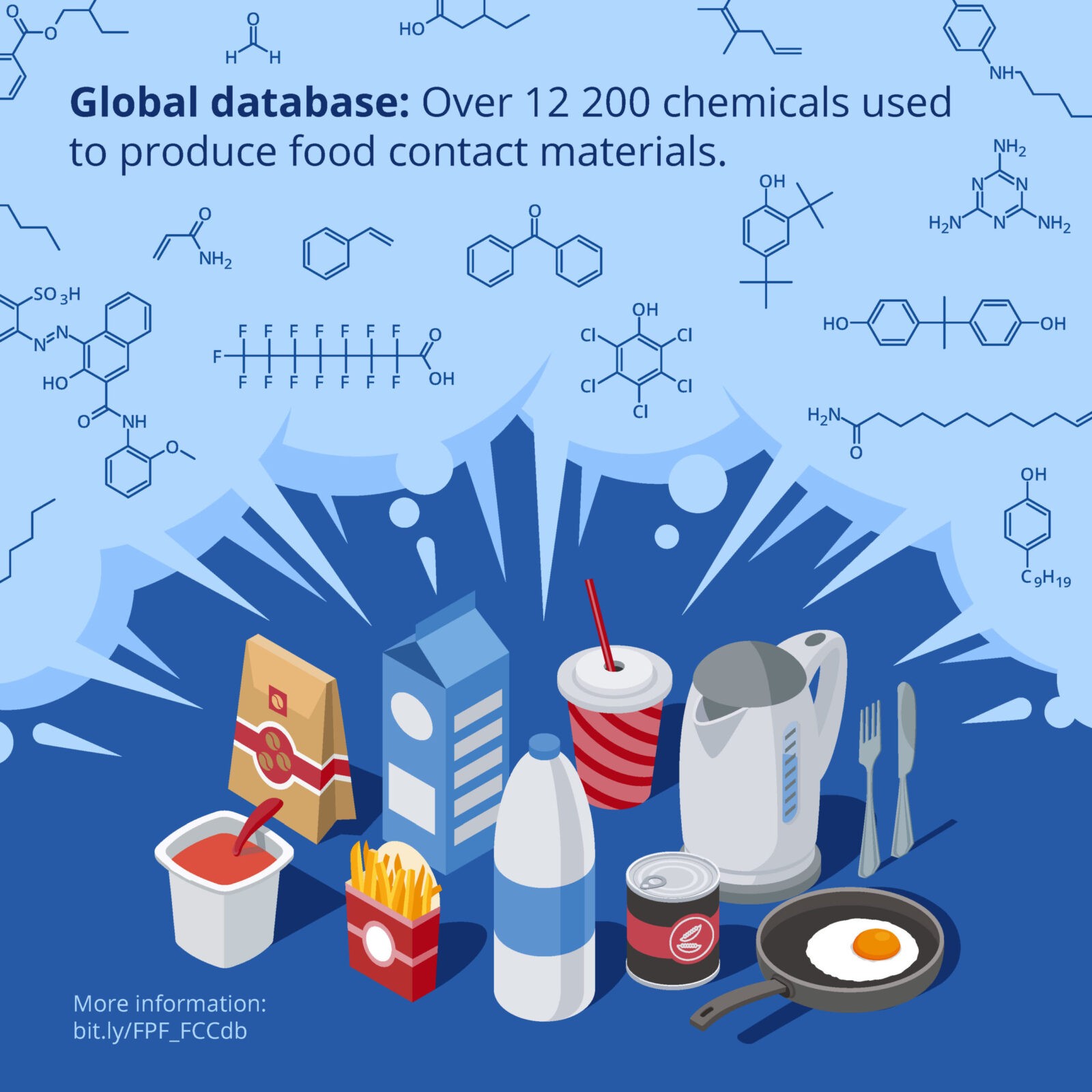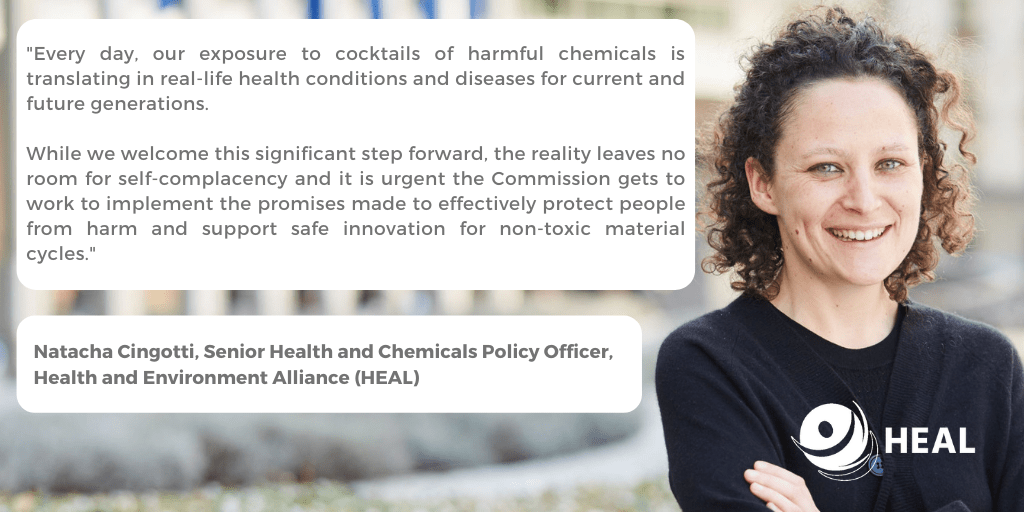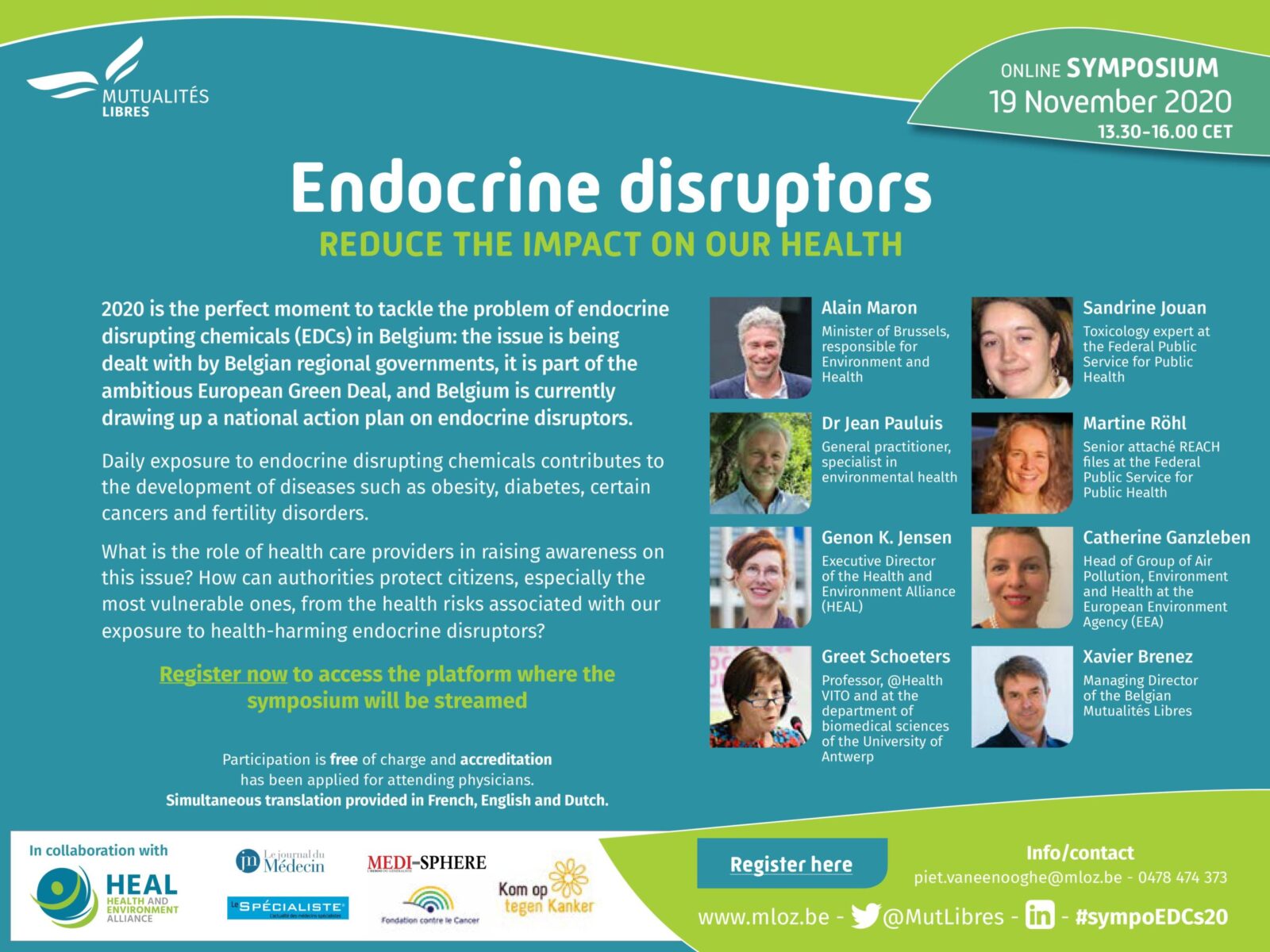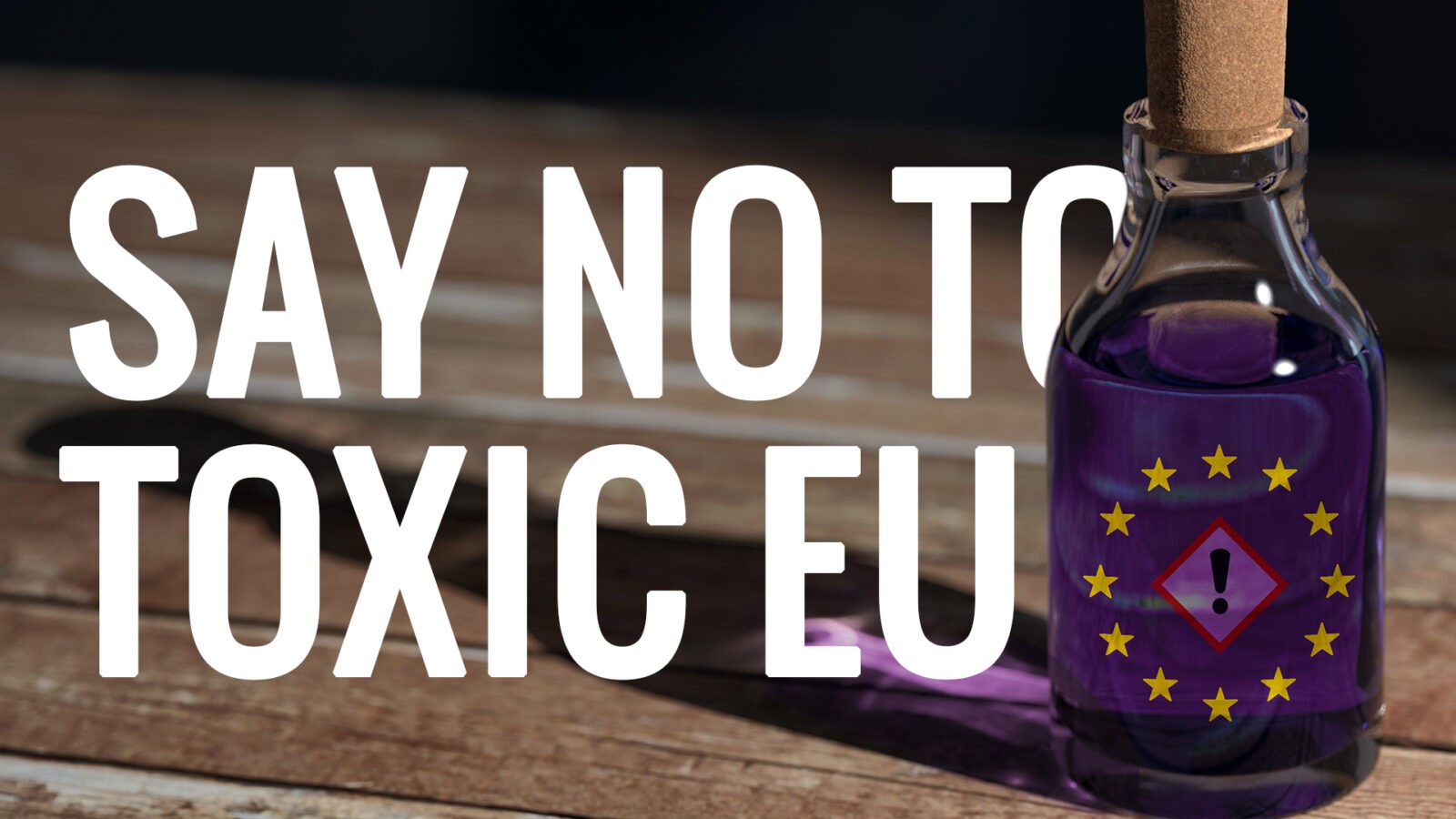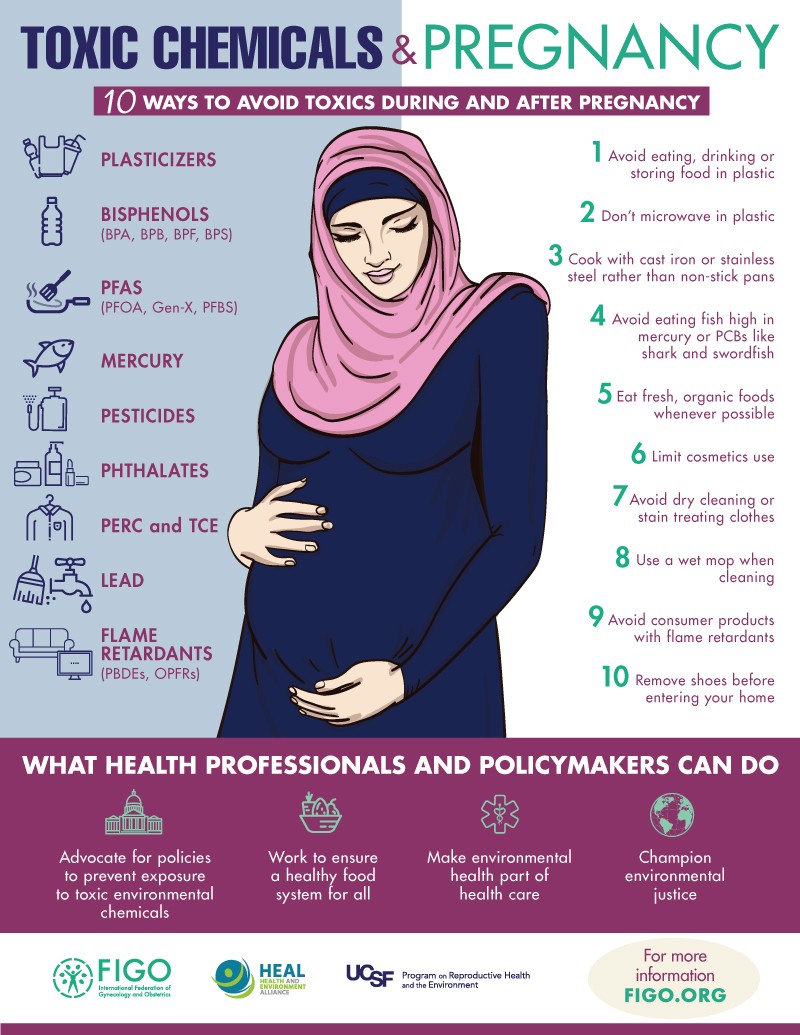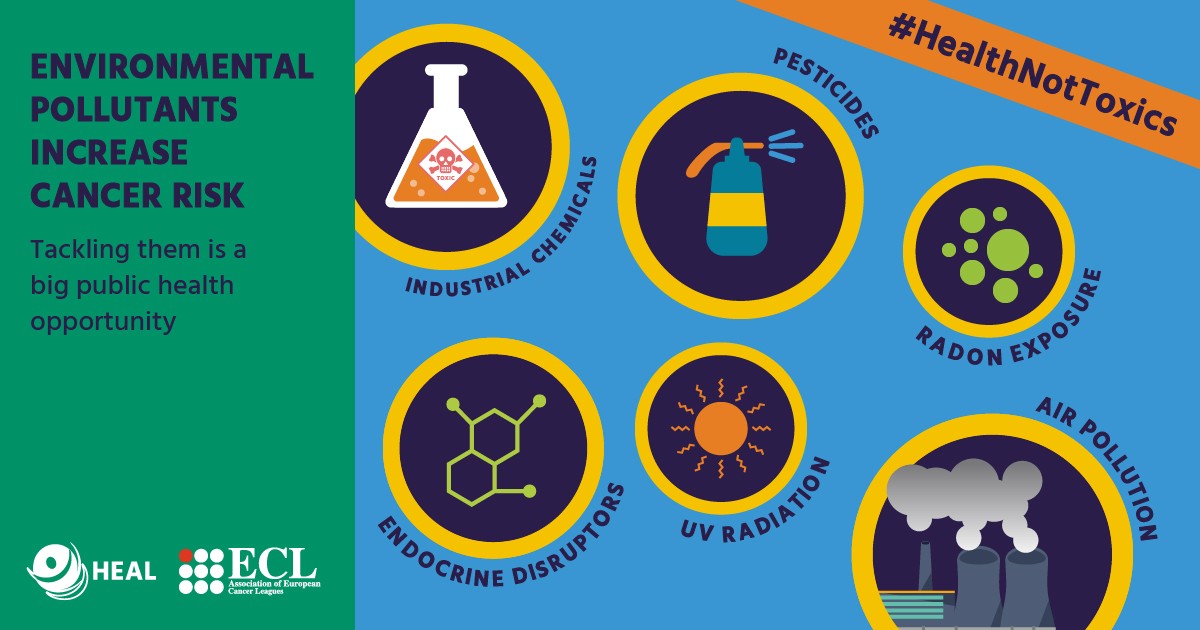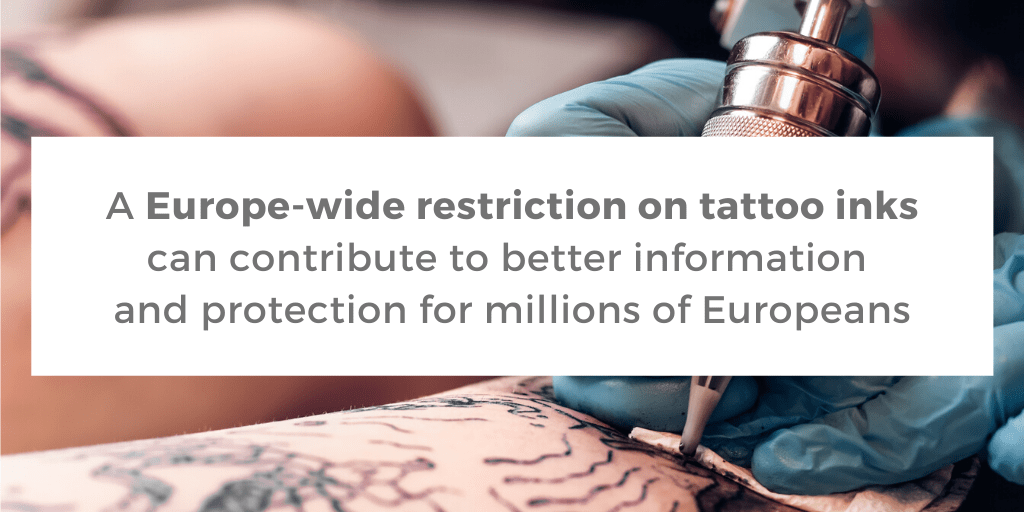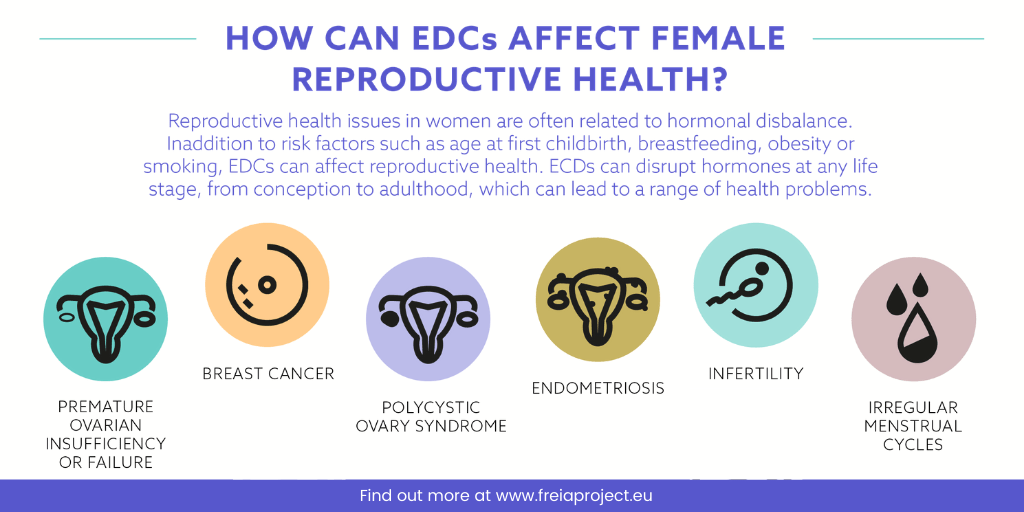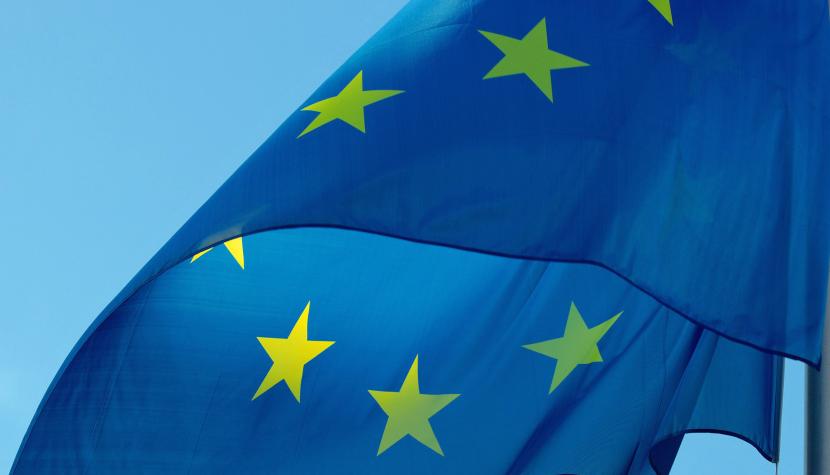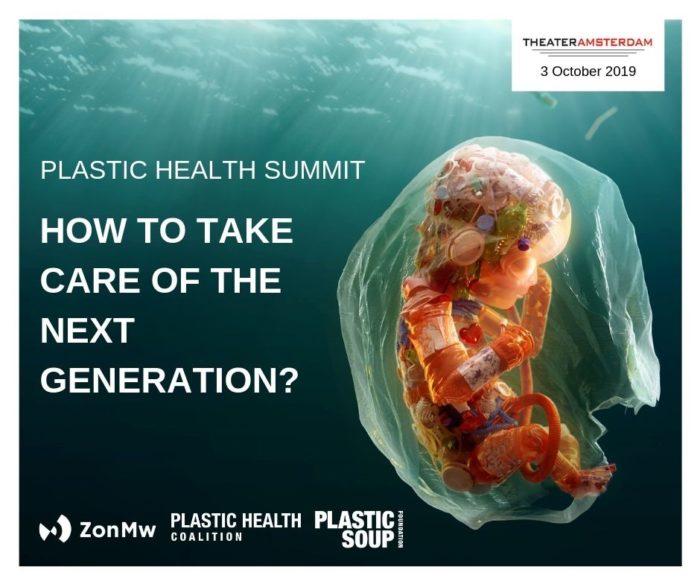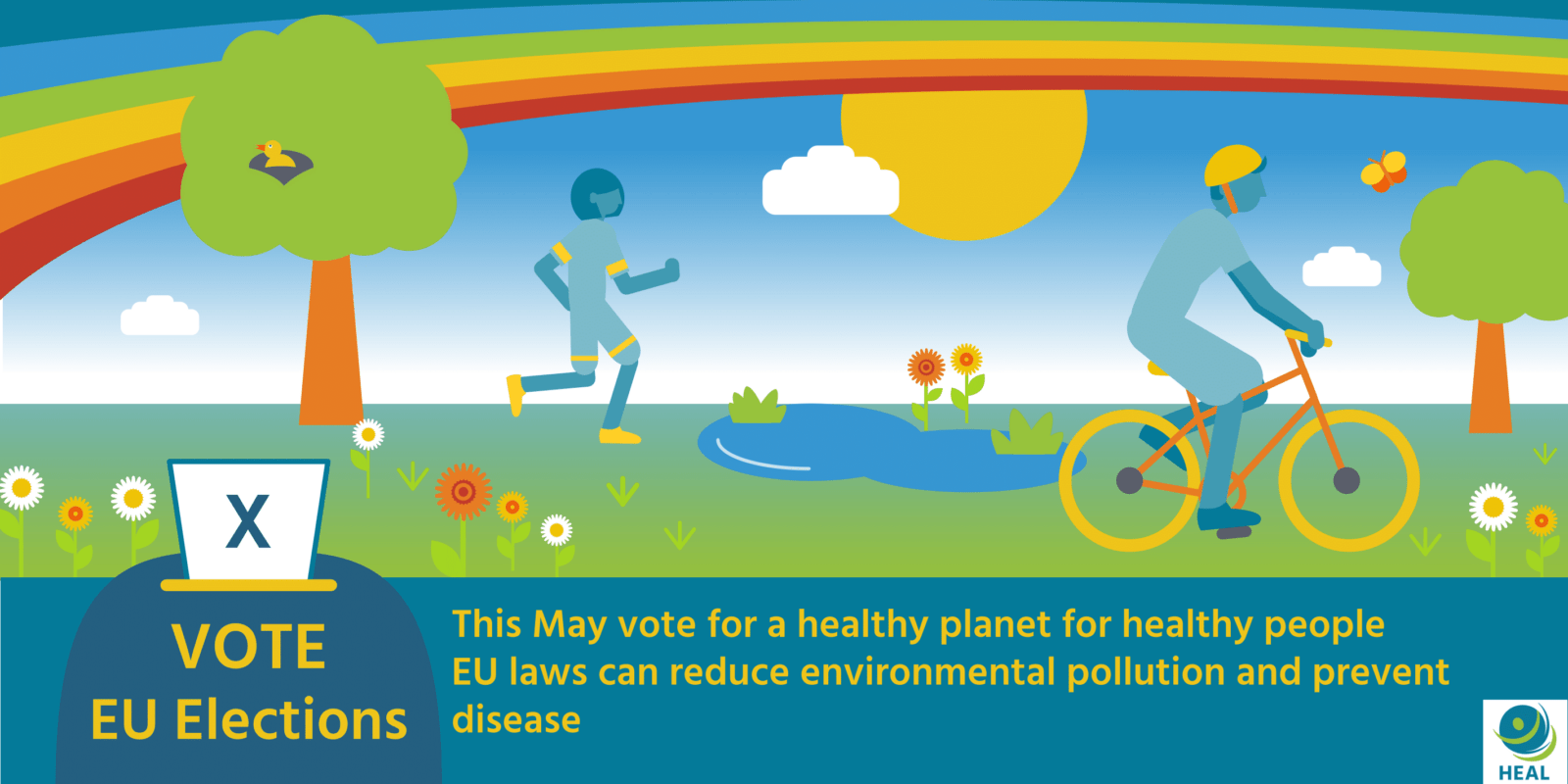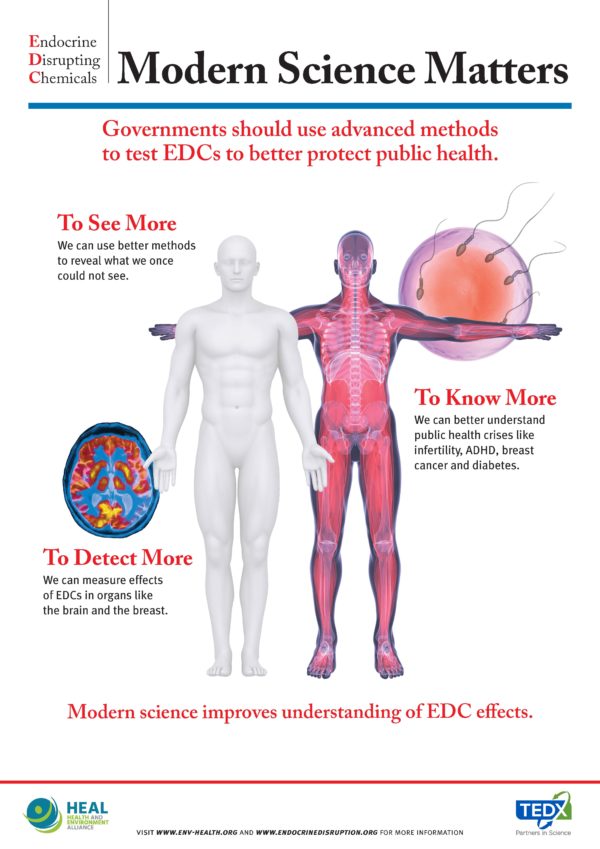More than 12,200 chemicals can be used in materials and articles coming in contact with food worldwide, according to new scientific database
The first publicly available database providing an overview of the chemicals that can be used in the processing of food contact materials and articles was released today, which suggests that more than 12,200 chemicals can be used in materials and articles coming in contact with food worldwide.

